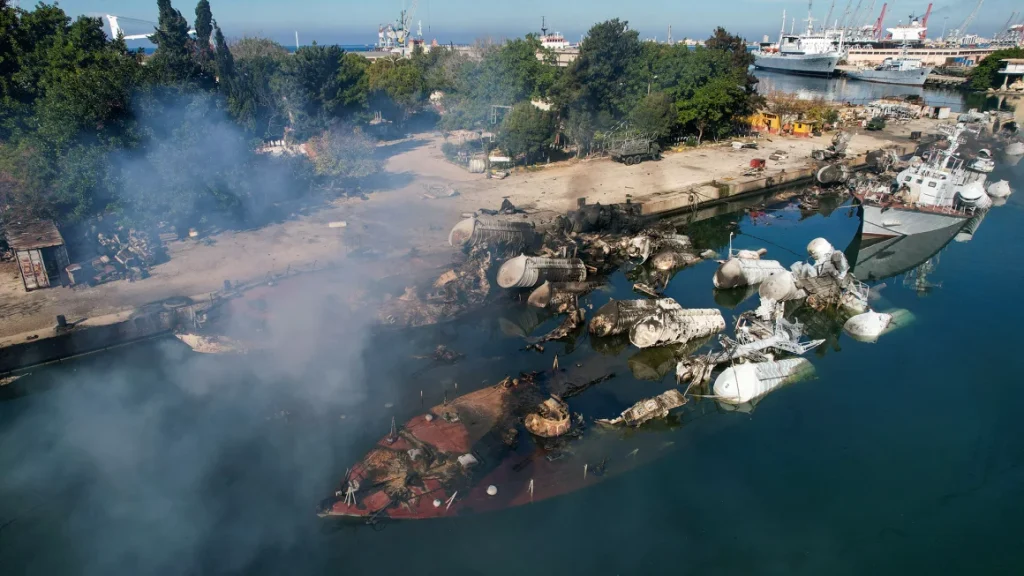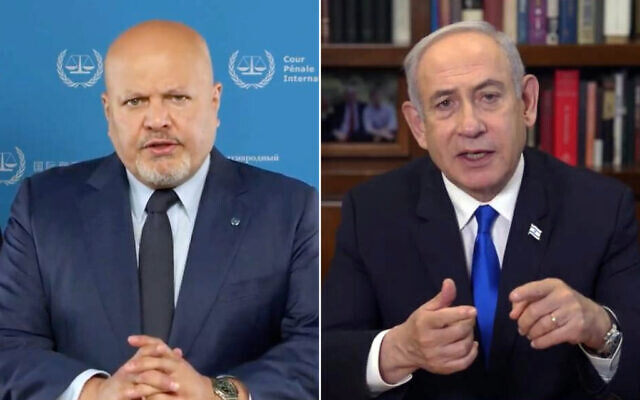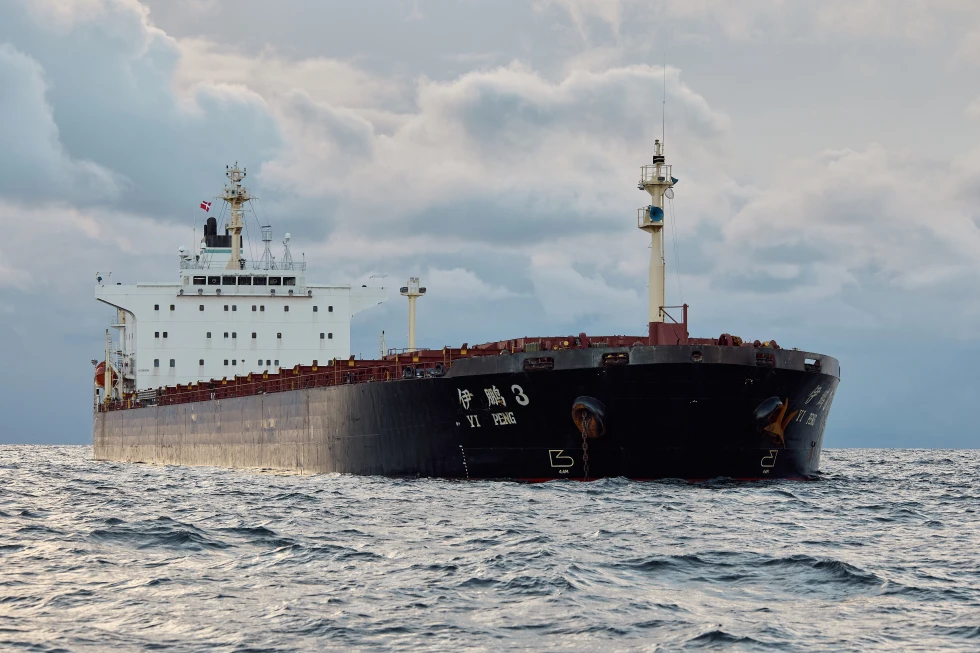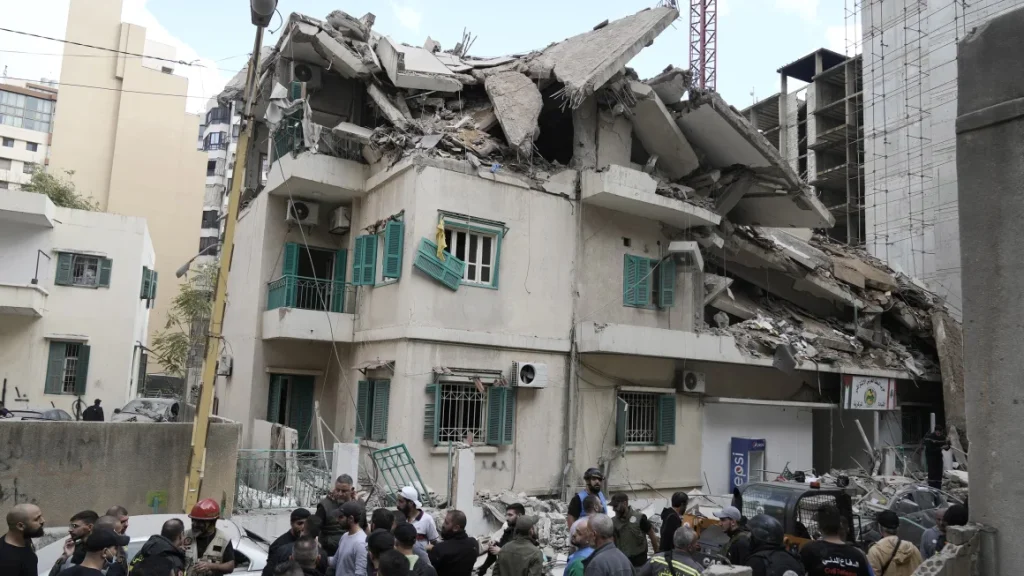Netanyahu Vows to Act Against Houthis After Missile Strike
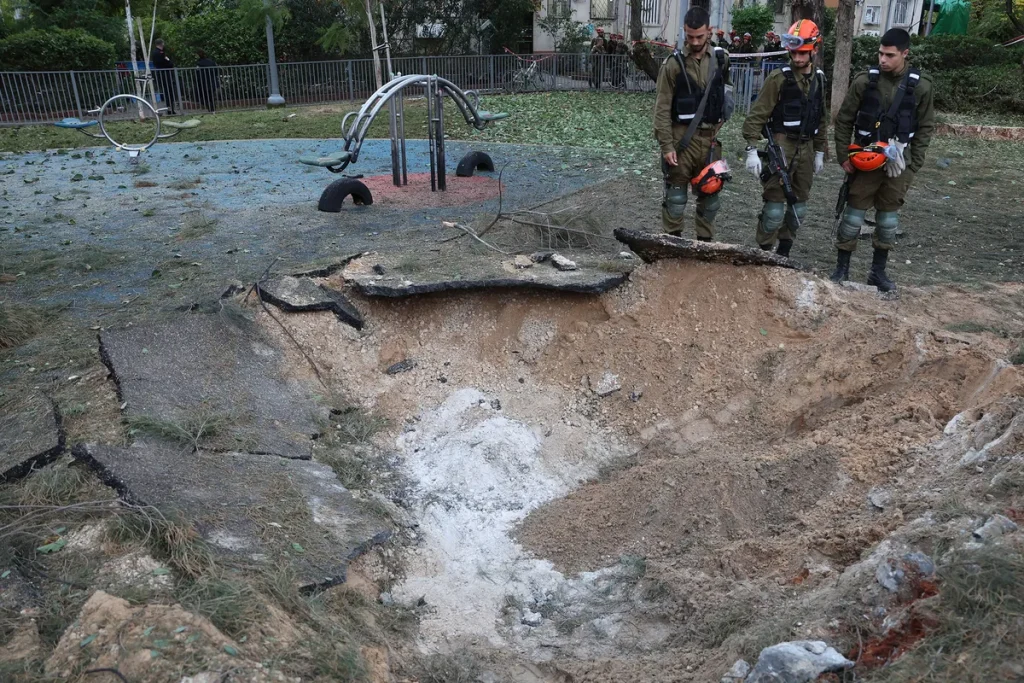
Israeli Prime Minister Benjamin Netanyahu has vowed to take decisive action following a missile strike attributed to the Houthi rebels, a group based in Yemen. The missile attack targeted an Israeli-owned ship in the Red Sea, escalating tensions in the region. Netanyahu’s stern warning reflects Israel’s growing concerns over the involvement of the Houthis in regional conflicts and their increasing influence, particularly in the context of the ongoing conflict between Israel and various militant groups across the Middle East.
The Missile Strike and Its Implications
The missile strike, which occurred in the Red Sea, has raised significant alarm in Israel and among its allies. According to reports, the attack targeted a vessel owned by an Israeli company, which was navigating the waters near Yemen. While no fatalities were reported, the attack marks a significant escalation in the conflict between Israel and the Houthis, who have aligned themselves with other regional actors hostile to Israeli interests.
The Houthis, who have been engaged in a protracted war in Yemen since 2014, have been increasingly involved in military actions beyond their borders. This latest missile strike on an Israeli vessel indicates that the group is expanding its operations and targeting entities aligned with Israel. The Houthi rebels, who receive support from Iran, are part of a broader axis of resistance against Israel in the Middle East, which includes groups like Hezbollah in Lebanon and various Palestinian factions.
In response to the missile attack, Netanyahu emphasized that Israel would not tolerate any aggression against its ships, citizens, or interests. The Israeli Prime Minister made it clear that the country would take all necessary measures to protect its assets and deter further hostile actions from groups like the Houthis. Netanyahu’s statement highlighted Israel’s commitment to safeguarding its economic and security interests in the face of growing threats from non-state actors in the region.
Netanyahu’s Response: A Strong Message
Prime Minister Netanyahu’s reaction to the missile strike was firm and unequivocal. Speaking to the press, he vowed that Israel would act against the Houthis and any group that threatens its security. The Israeli government has stated that it is closely monitoring the situation and exploring various options for retaliation and deterrence. Netanyahu’s rhetoric underscores Israel’s resolve to prevent further attacks and send a clear message to the Houthis and their backers that any attempt to target Israeli interests would not go unanswered.
The attack on the Israeli-owned ship is viewed as a deliberate escalation by the Houthis, who have previously launched missile strikes against Saudi Arabia and the United Arab Emirates, two of Israel’s partners in the region. The Houthis’ growing military capabilities and willingness to engage in regional conflicts have prompted concerns about their potential to destabilize the already volatile Middle East. Netanyahu’s vow to act against the Houthis is seen as part of a broader strategy to ensure that Israel’s regional security is not undermined by the increasing reach of these militias.
Houthi Ties to Iran and Regional Power Dynamics
The Houthi movement’s alignment with Iran is a central factor in the growing tension between the rebels and Israel. Iran has been a long-time supporter of the Houthis, providing them with weapons, training, and financial aid. This relationship has raised concerns among Israel and its allies, as Iran is viewed as the primary regional adversary of Israel. Tehran’s influence over the Houthis is seen as part of Iran’s broader strategy to expand its foothold across the Middle East and challenge Israel’s security.
In recent years, Iran has also strengthened its ties with other militant groups in the region, including Hezbollah in Lebanon and various Palestinian factions. This network of groups, which receive varying degrees of support from Tehran, poses a significant threat to Israeli security, particularly in terms of missile strikes, cyber-attacks, and other forms of asymmetrical warfare. Israel’s military strategy has been focused on countering this axis of resistance by targeting key Iranian and militia assets in the region. Netanyahu’s vow to act against the Houthis is a direct extension of this policy, signaling that Israel will not allow Tehran’s influence to spread unchecked.
A Growing Threat in the Red Sea
The missile strike on the Israeli-owned ship in the Red Sea has heightened concerns about the security of shipping lanes in the region. The Red Sea is a critical global trade route, and the safety of vessels passing through this waterway is of paramount importance to Israel, as well as to international trade and shipping companies. Any disruption to the flow of goods through this region can have far-reaching economic consequences.
The Houthis have increasingly targeted maritime traffic in the Red Sea, which is strategically important for both regional powers and global trade. The recent missile strike marks a further expansion of the Houthis’ capabilities, signaling that they are willing to challenge international shipping and provoke more confrontations with nations like Israel. Netanyahu’s government is likely to consider this escalation as part of a broader regional strategy and may seek to enhance its military presence in the area to deter future attacks.
Israel’s Options Moving Forward
In the wake of the missile attack, Israel has a range of options at its disposal. One of the primary responses Israel is likely to consider is a military retaliation against Houthi military infrastructure. Israel has a well-established military doctrine of responding to threats with decisive force, and the country’s air force and missile defense systems are among the most advanced in the world. Netanyahu may choose to target Houthi weapons depots, missile launch sites, or other assets to cripple the group’s ability to carry out further strikes.
In addition to direct military responses, Israel could also pursue diplomatic and economic measures aimed at isolating the Houthis and curbing their support from Iran. Israel may work with regional partners, including Saudi Arabia and the UAE, to increase pressure on the Houthis through sanctions, intelligence-sharing, and coordinated military operations.
The missile strike on an Israeli-owned ship in the Red Sea has sparked a firm response from Israeli Prime Minister Benjamin Netanyahu, who has vowed to take strong action against the Houthi rebels. The growing threat posed by the Houthis, particularly in the context of their ties to Iran, is a significant concern for Israel’s security. Netanyahu’s vow to protect Israeli interests and retaliate against those who target them underscores Israel’s determination to maintain stability and security in the region. As the situation continues to develop, all eyes will be on Israel’s next steps, which are likely to shape the broader geopolitical dynamics of the Middle East.


